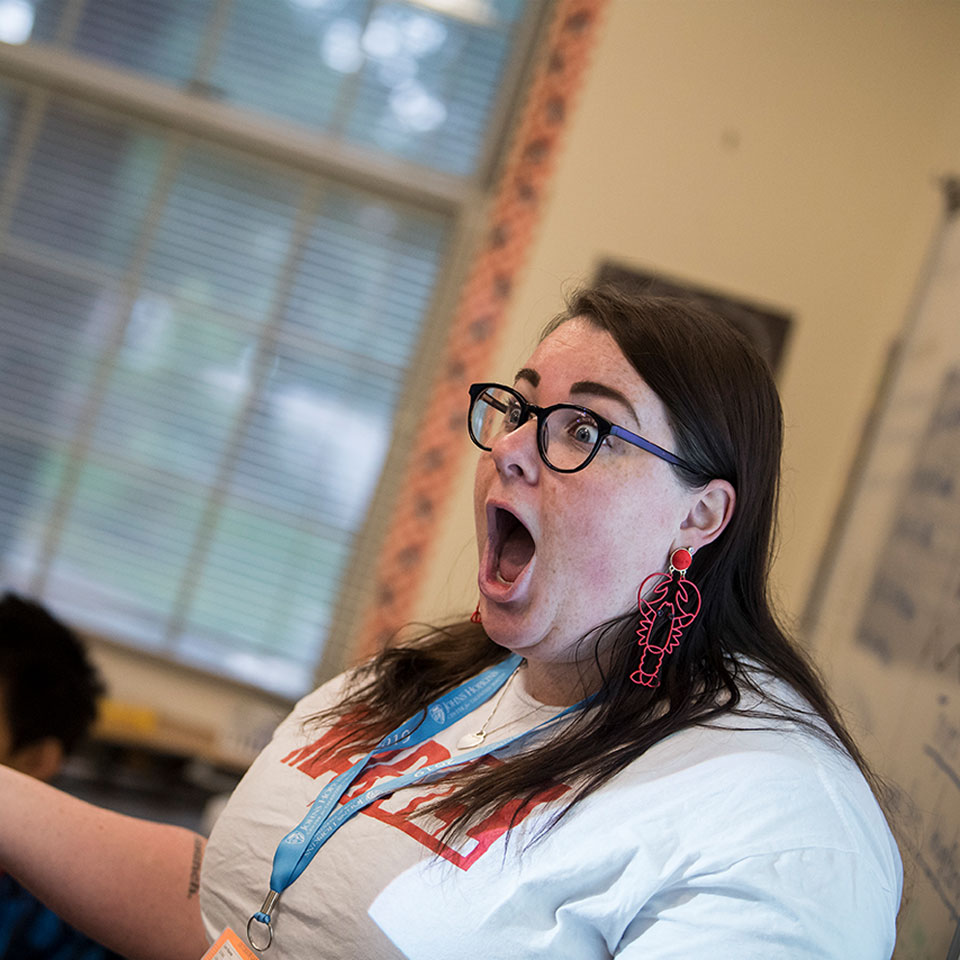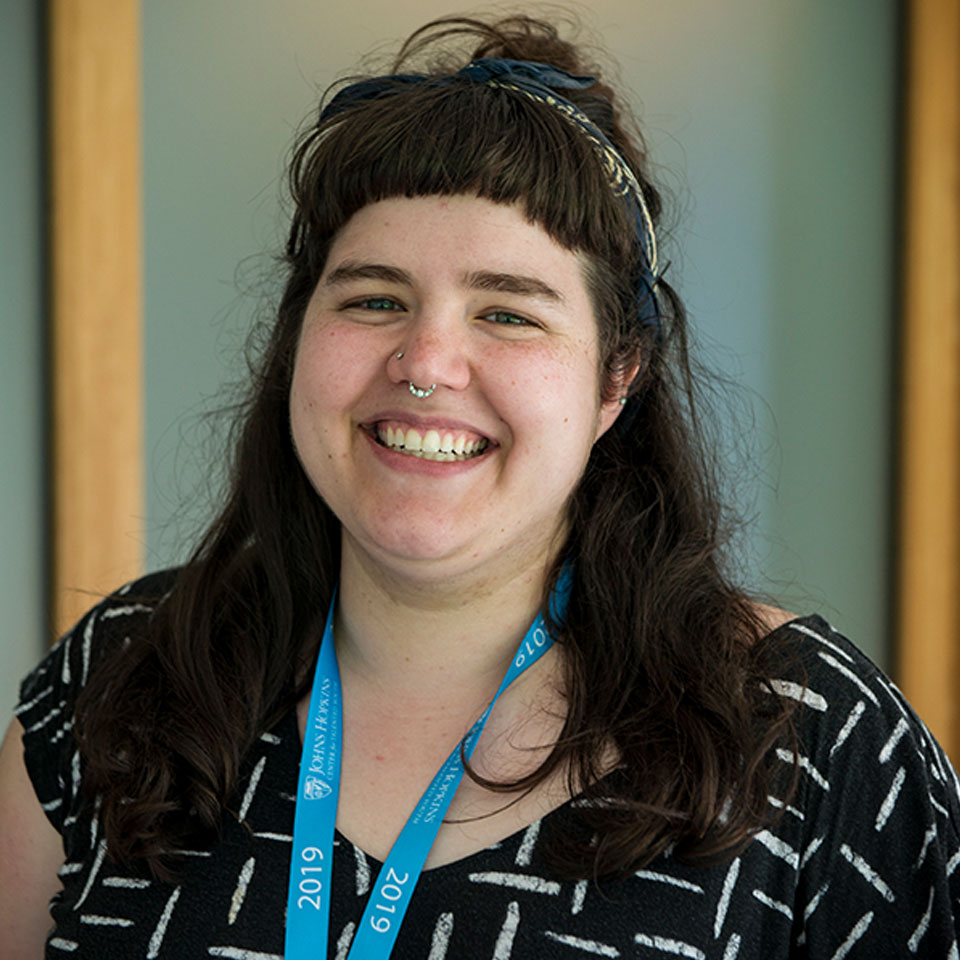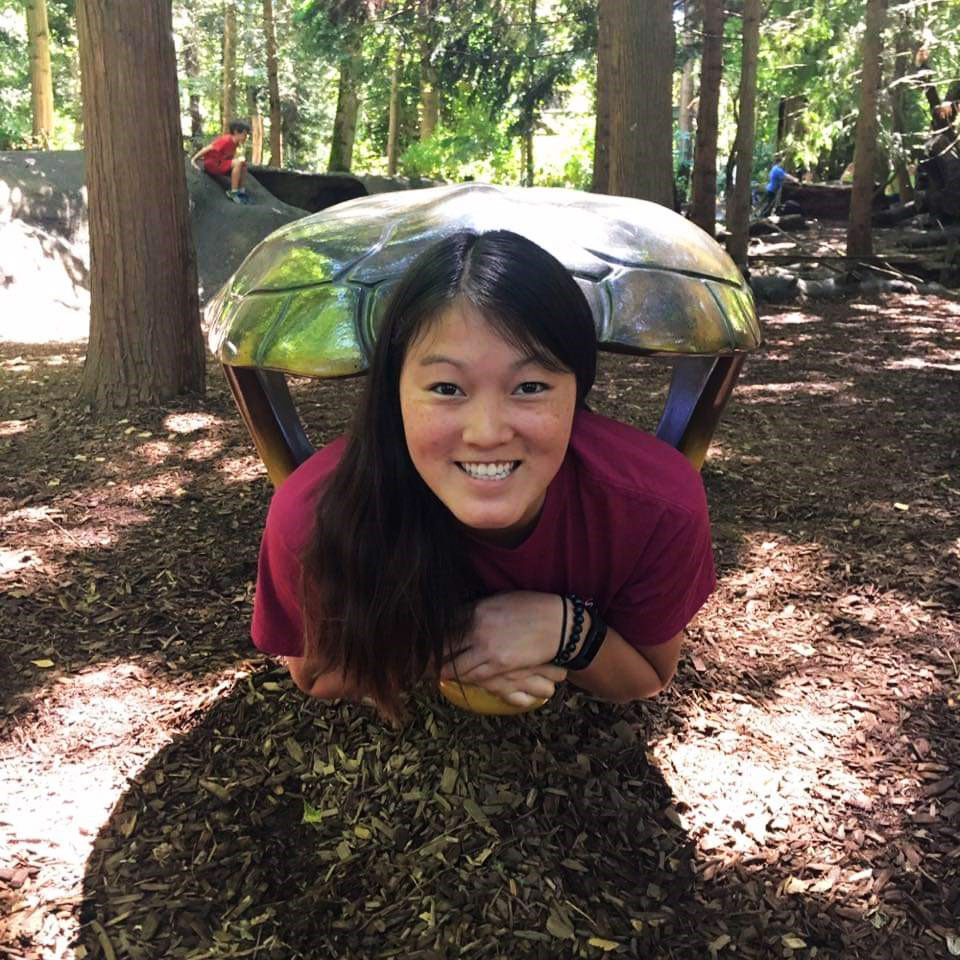Breadcrumbs
Chemistry in Society
- Grades 7-11
- CTY-Level
-
Residential
- Science and Engineering
From artificial sweeteners in diet soft drinks to batteries in electric cars, chemistry is integral to our everyday lives. This course investigates chemistry as a means to solving real-world problems. You’ll learn about the periodic table, atomic structure, and chemical bonding. In the lab, you and your classmates will investigate solubility, test water samples to identify potential toxins, and participate in a simulation of a town hall meeting to debate how to preserve a community water source. Working in a lab, you’ll learn how chemistry is used to improve the world around us. You’ll examine alternative fuels, the biochemistry of food, and pharmaceuticals using real-life scenarios simulated in the classroom. You’ll conduct calorimetric experiments, prepare biodiesel while investigating alternative fuels, prepare aspirin while learning the healing and toxic properties of pharmaceuticals, and leave the course prepared to take high school chemistry.
Note: You should not take this course if you have already taken high school chemistry.
Typical Class Size: 18-20
This course is
ungraded.
Summer Dates & Locations
Session One
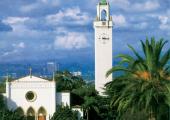
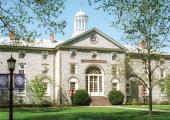
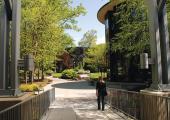
Session Two


Testing and Prerequisites
| Math | Verbal | |
|---|---|---|
| Required Level | CTY-Level | Not required |
Students must achieve qualifying scores on an advanced assessment to be eligible for CTY programs. If you don’t have qualifying scores, you have several different testing options. We’ll help you find the right option for your situation.
Sign up for Testing Learn MoreCost and Financial Aid
Tuition
- Varies
Application fee
- Nonrefundable Application Fee - $55 (Waived for financial aid applicants)
- Nonrefundable International Fee - $250 (outside US only)
We have concluded our financial aid application review process for 2025 On-Campus Programs. We encourage those who may need assistance in the future to apply for aid as early as possible. We are committed to serving all talented youth regardless of financial circumstances. Financial assistance is available based on need.
Course Materials
Students should bring basic school supplies like pens, notebooks, and folders to their summer program. You will be notified of any additional items needed before the course begins. All other materials will be provided by CTY.
Course Extras (Lab fee info, etc)
Lab fee: $180
Sample Reading
These titles have been featured in past sessions of the course, and may be included this summer. CTY provides students with all texts; no purchase is required.
- Chemistry in the Community, American Chemical Society
About Science and Engineering at CTY
Explore space and our planet
In our Introduction to Astronomy course, we’ll visit a nearby observatory or planetarium, see what the cosmos looks like through various spectra, and immerse ourselves in the science and technology that bring the universe closer to home. In Marine Ecology, we’ll visit local wetlands and tidepools, observe flora and fauna, collect water samples and analyze them for clues about their health and humans’ impact. And in The Global Environment, we will explore the human impact on our environment and generate proposals for addressing climate change.
Bond over chemistry
Our chemistry courses help you see the world differently, starting at the atomic level. The Edible World gives budding chefs and science lovers a glimpse into the chemical reactions that happen when we make food, and the chemical makeup of meals and treats we eat every day. In our Crystals and Polymers course, we’ll synthesize slime, grow rock candy, and isolate strawberry DNA to learn about the molecular structure of naturally occurring gems and human-produced plastics. In Chemistry in Society, we'll consider how the chemicals in products can both enhance and degrade the world around us; produce biodiesel in a lab to understand alternative fuels; and prepare aspirin to learn about the healing and toxic properties of pharmaceuticals.


